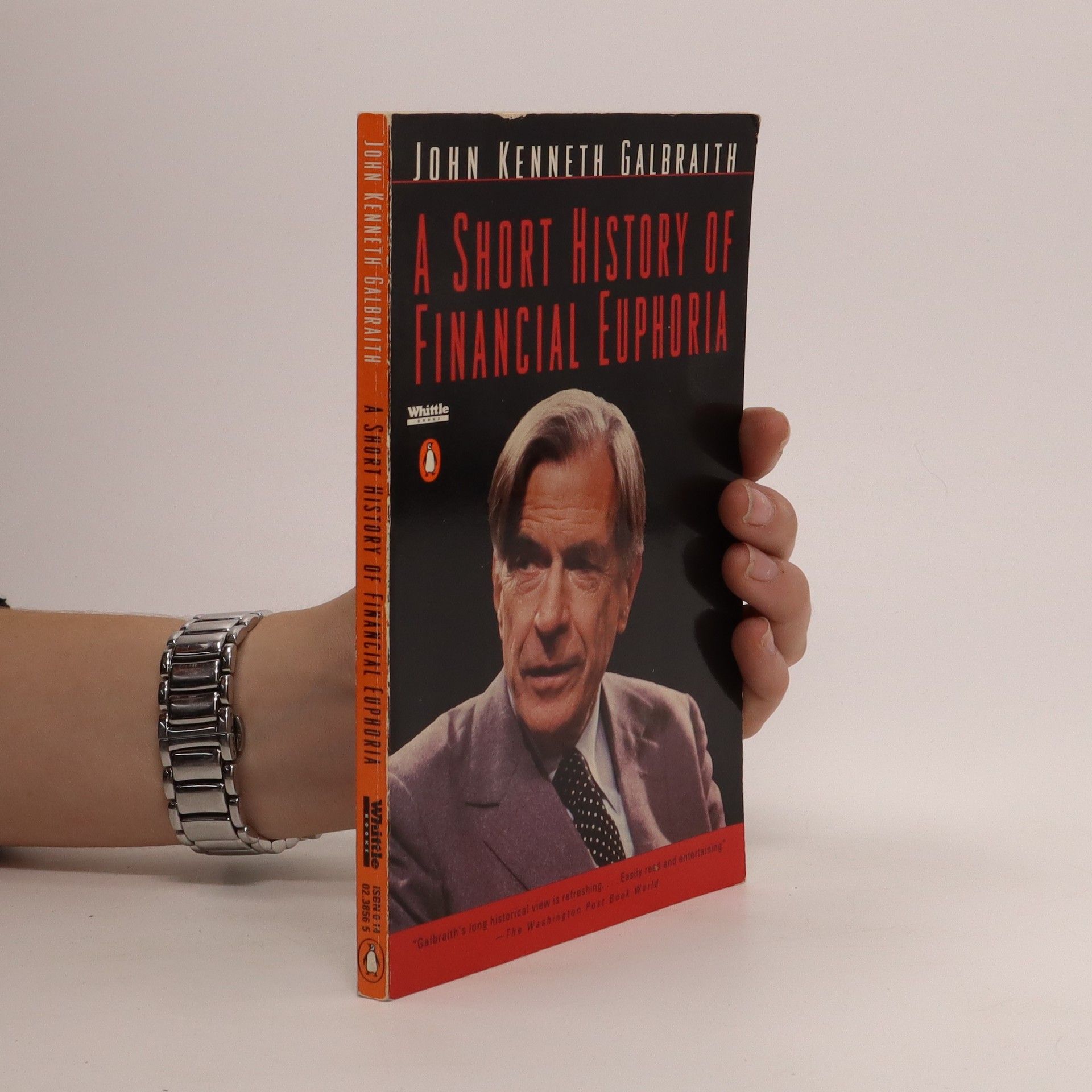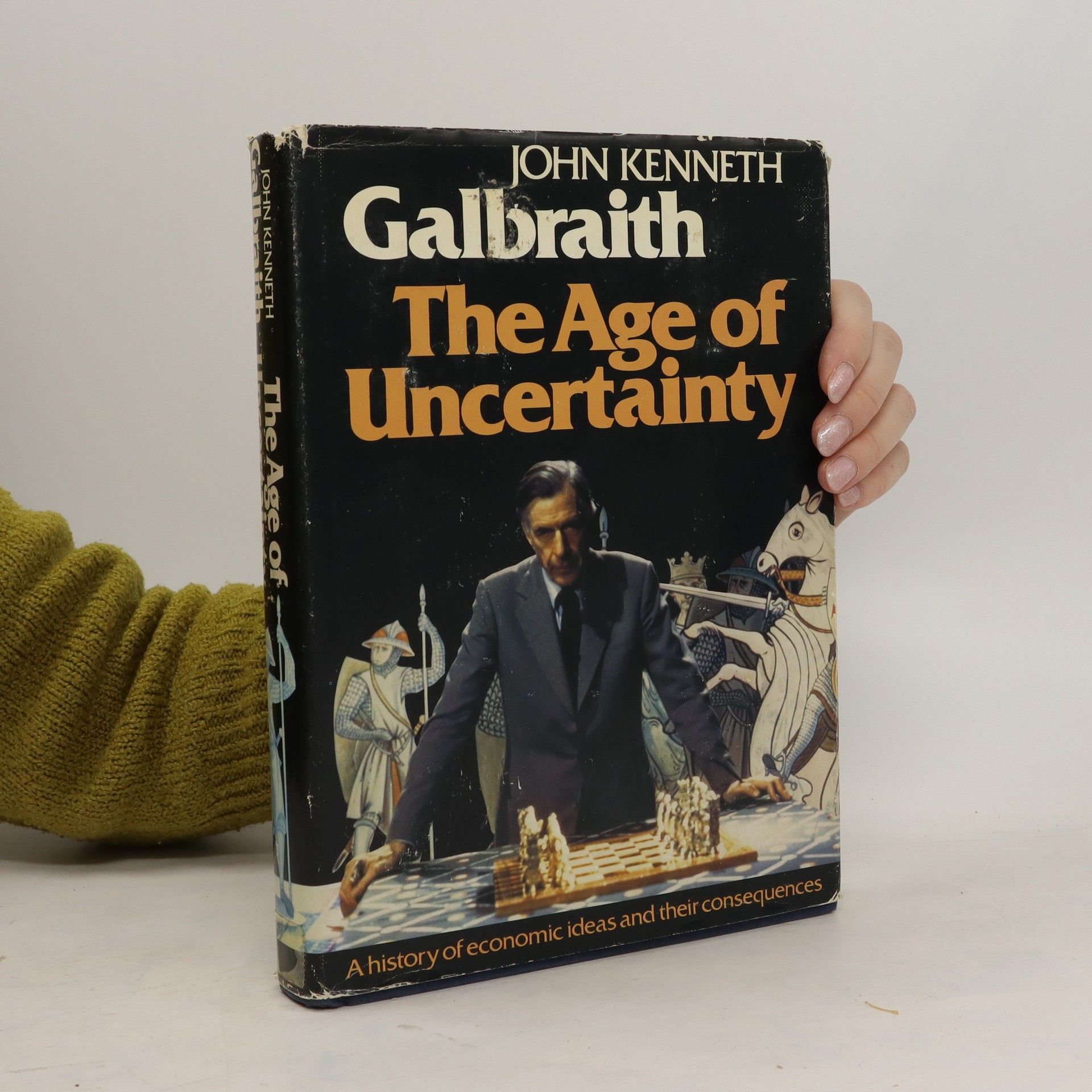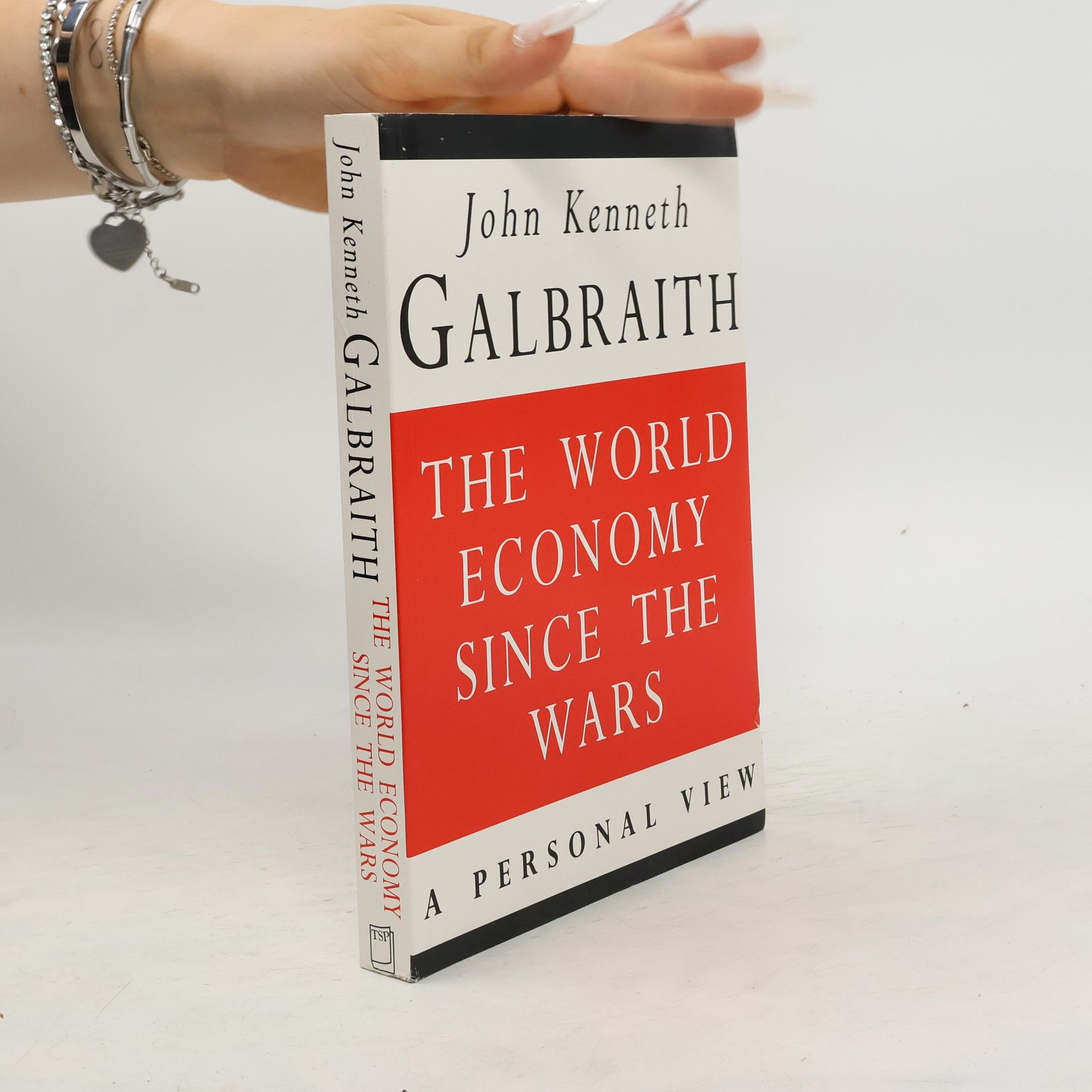Die Geschichte der Spekulationsblasen
Die Psychologie hinter vier Jahrhunderten Gier und Panik an der Börse
Eigentlich sind wir alle ziemlich schlau. Nur das mit dem Geld klappt nicht so recht … und manchmal geht es sogar richtig schief. Doch warum nur? Mit „Die Geschichte der Spekulationsblasen“ macht sich John Kenneth Galbraith, einer der ganz großen Ökonomen des 20. Jahrhunderts, auf die Suche nach der Antwort. Und er sucht an den richtigen Stellen – den Finanzkatastrophen der letzten vier Jahrhunderte: der Tulpenmanie des 17. Jahrhunderts, der Südseeblase im 18. Jahrhundert, den Hochrisiko-Anleihen im 20. Jahrhundert. Mit Geist und Witz erklärt Galbraith die psychologischen Mechanismen hinter diesen Blasen … damit der Leser sie durchschaut und sich dagegen wappnen kann. Dieses Meisterwerk zum Thema Finanzpsychologie war vergriffen und wird nun im Börsenbuchverlag wieder aufgelegt.















